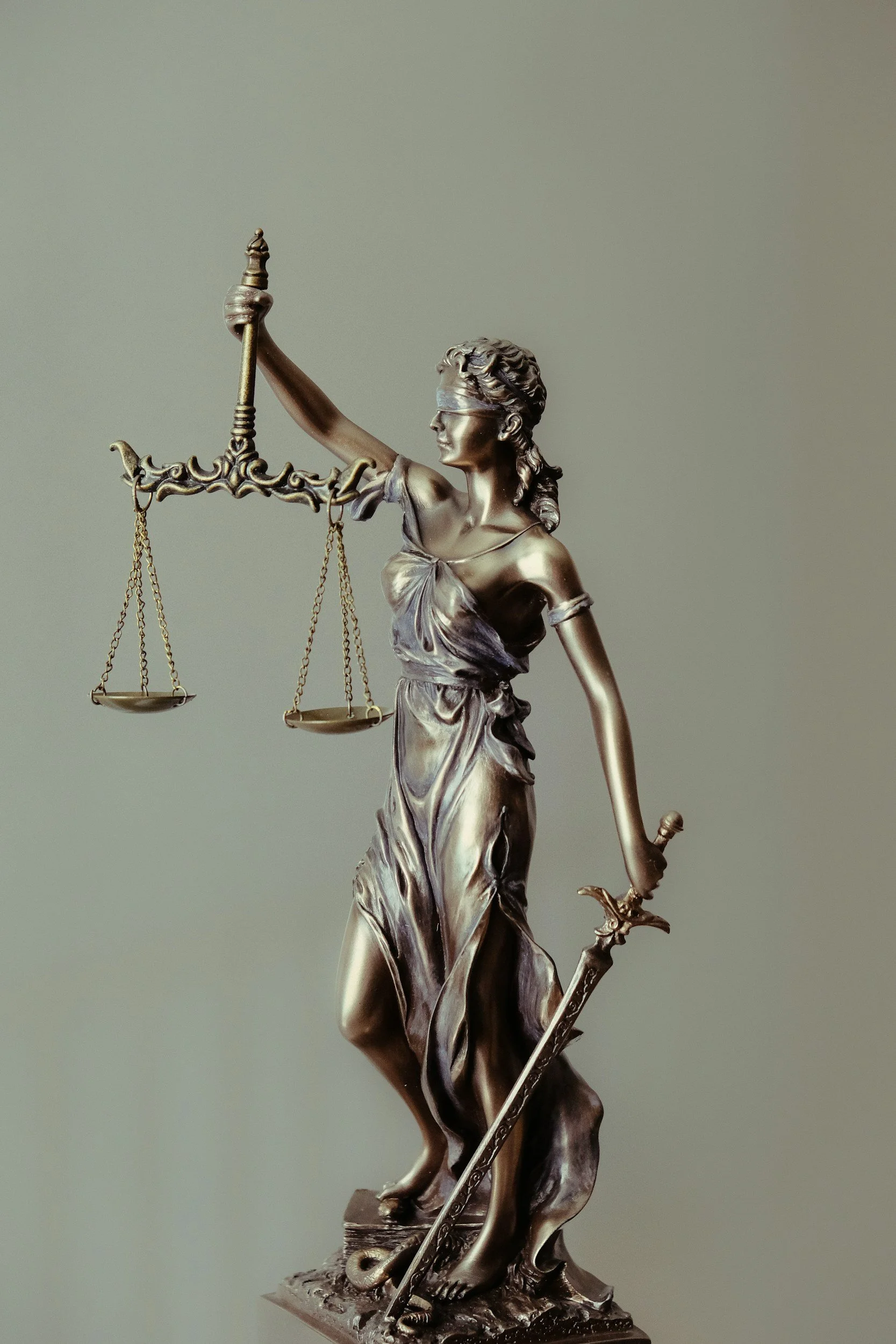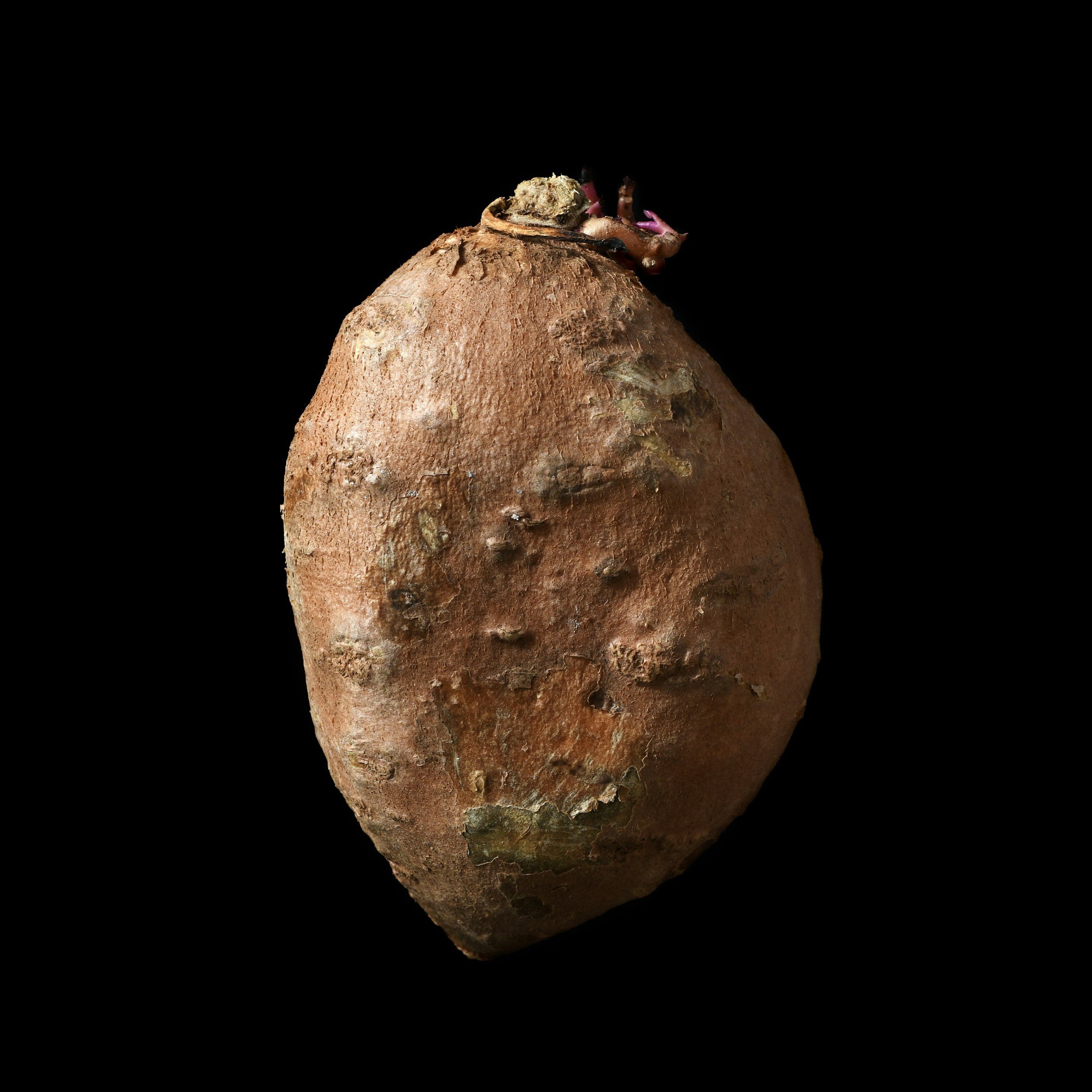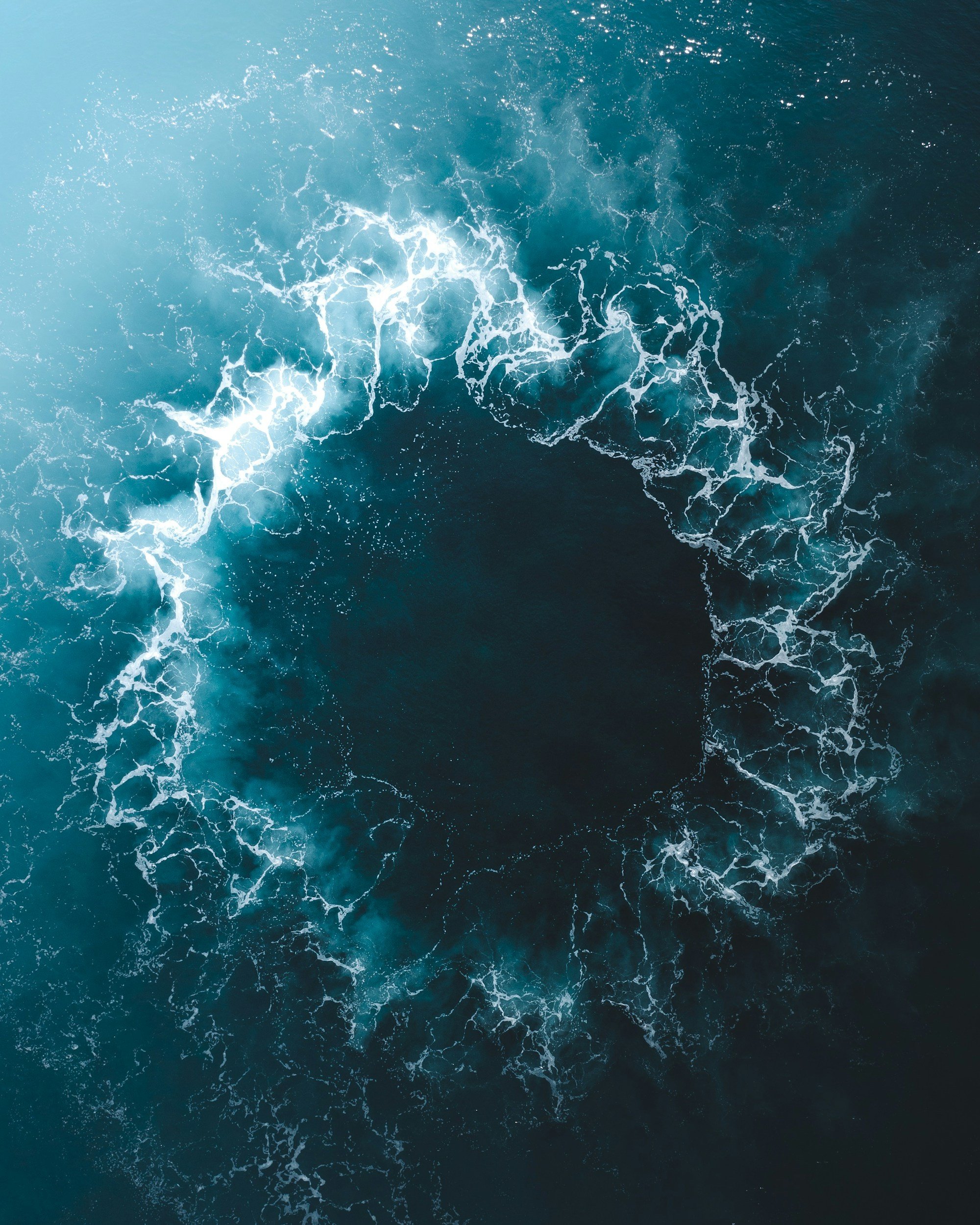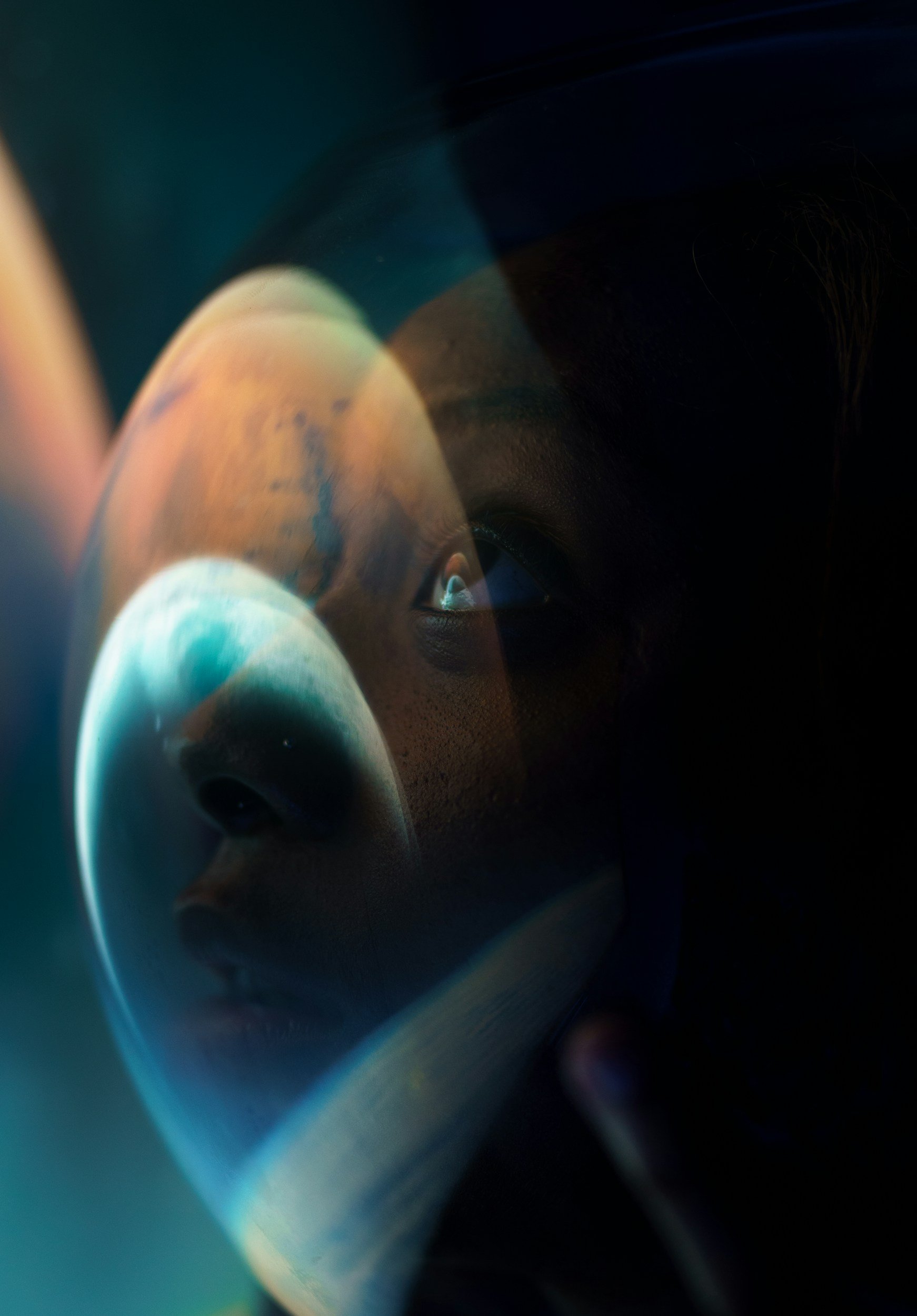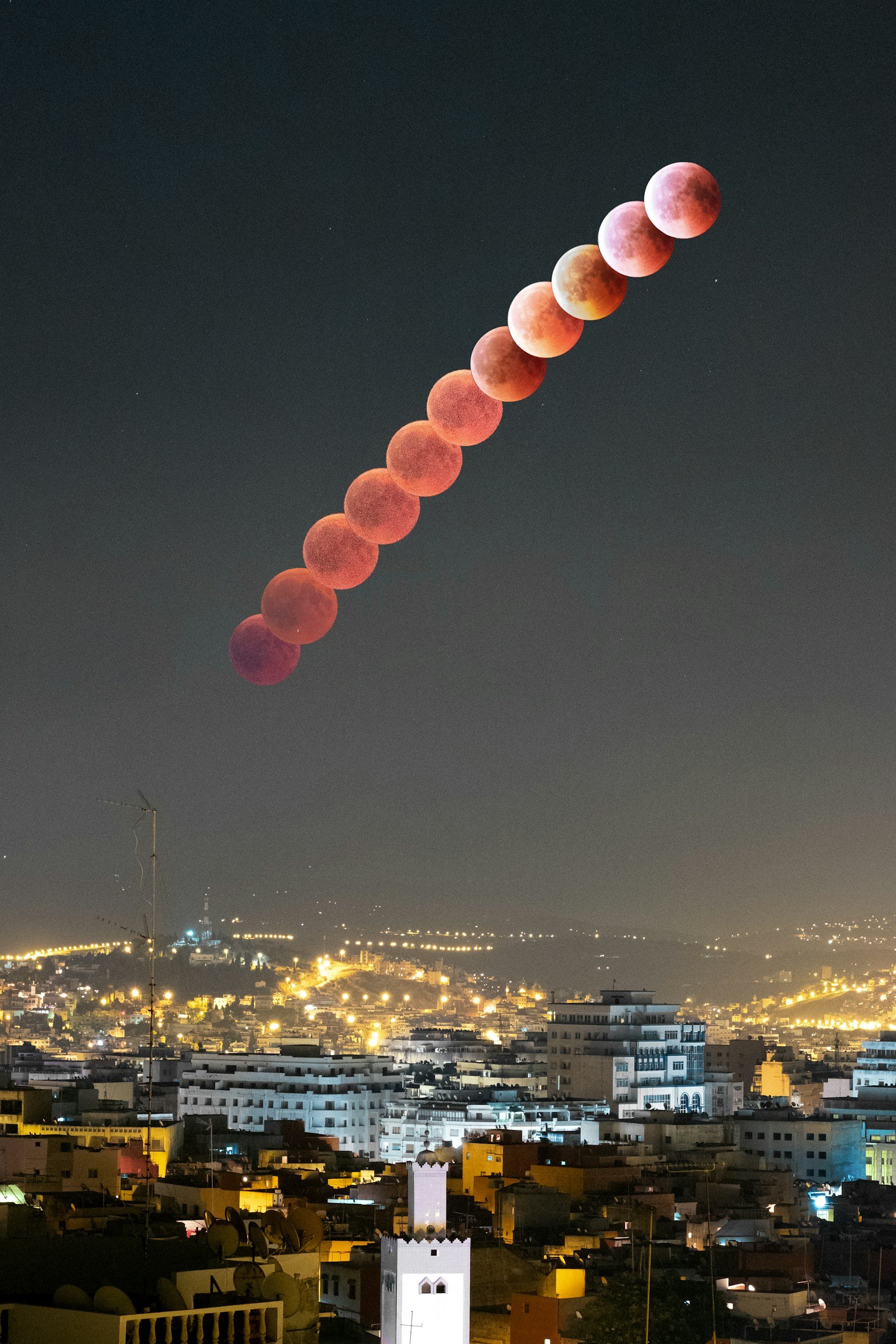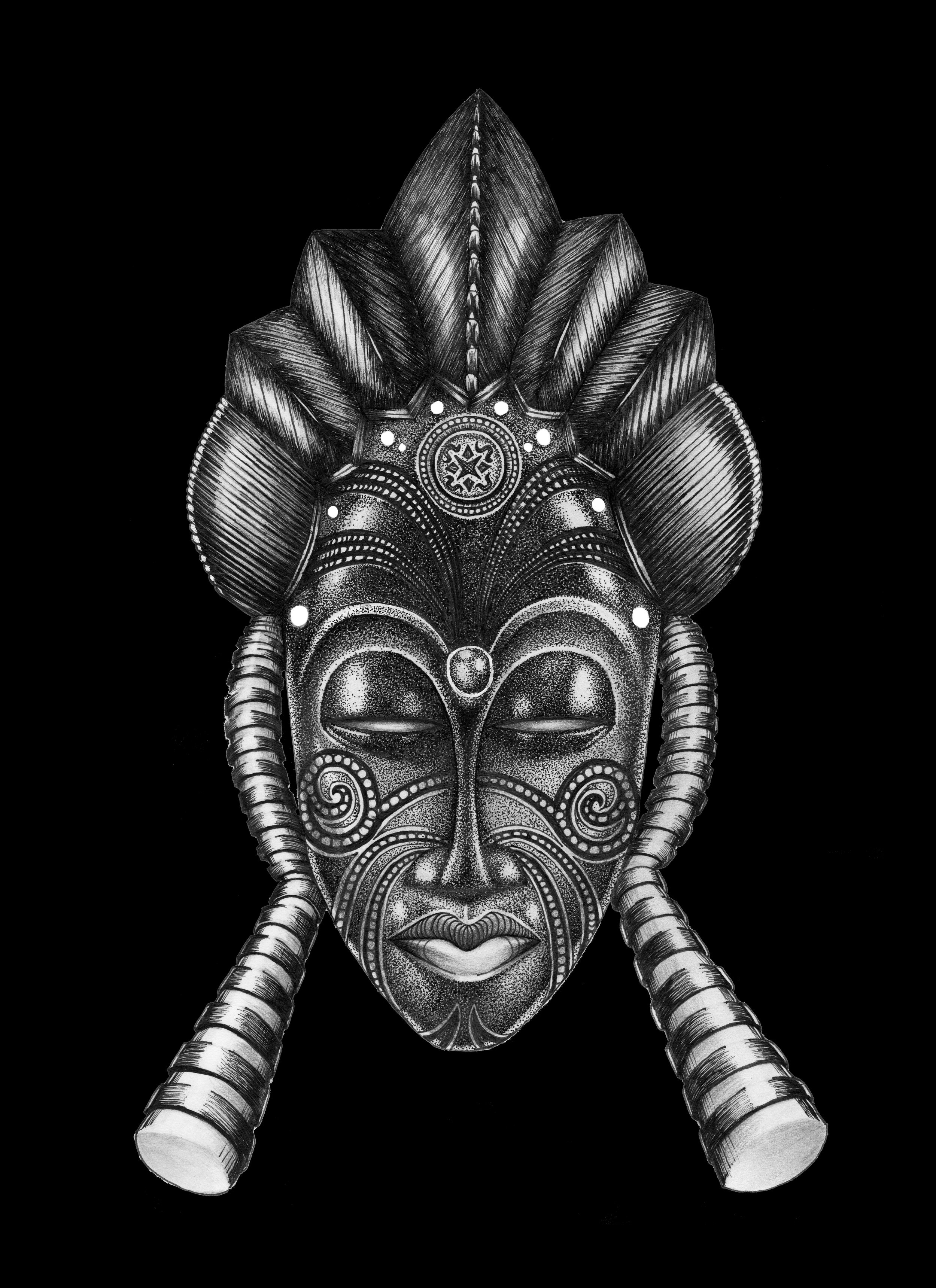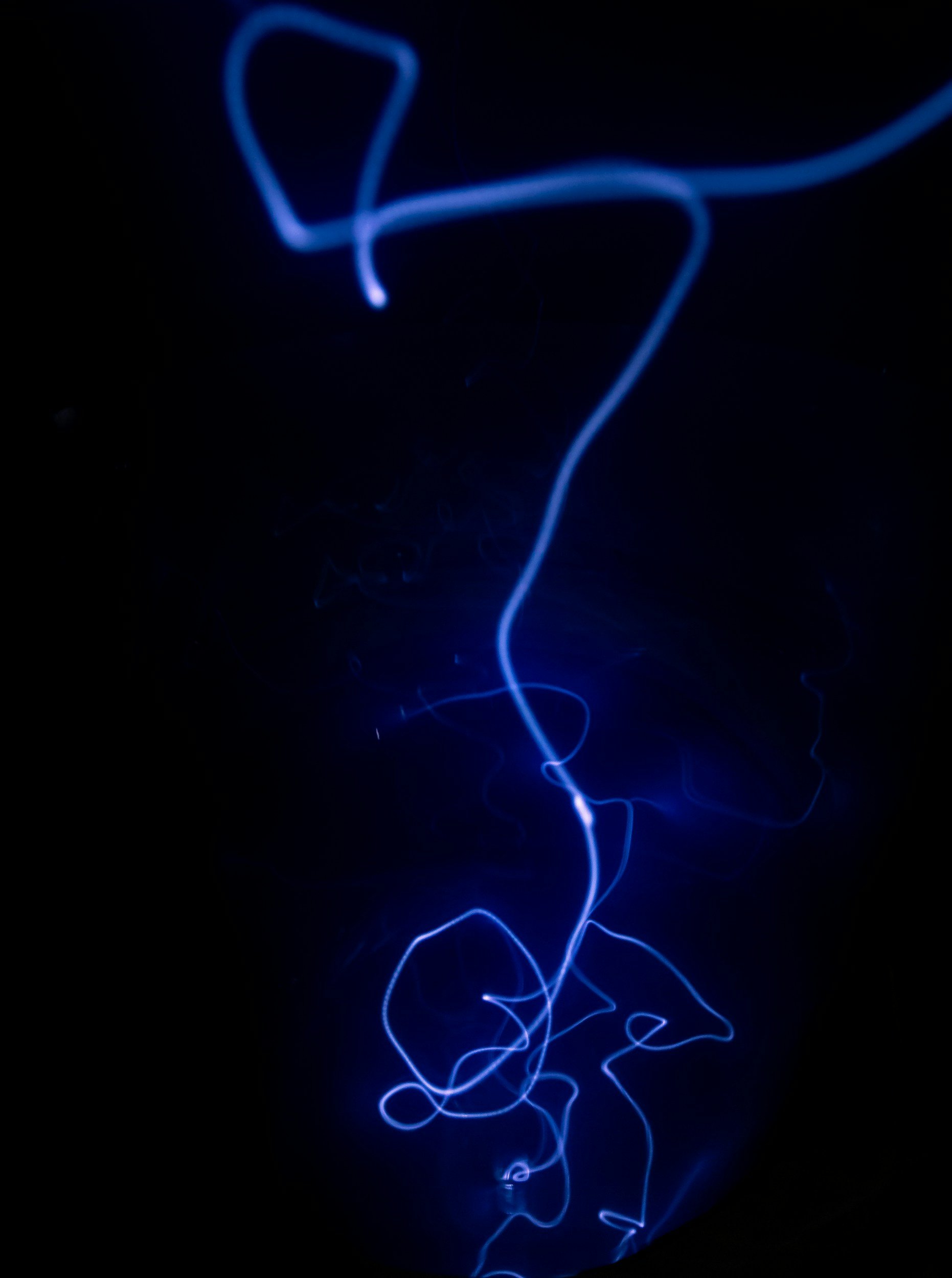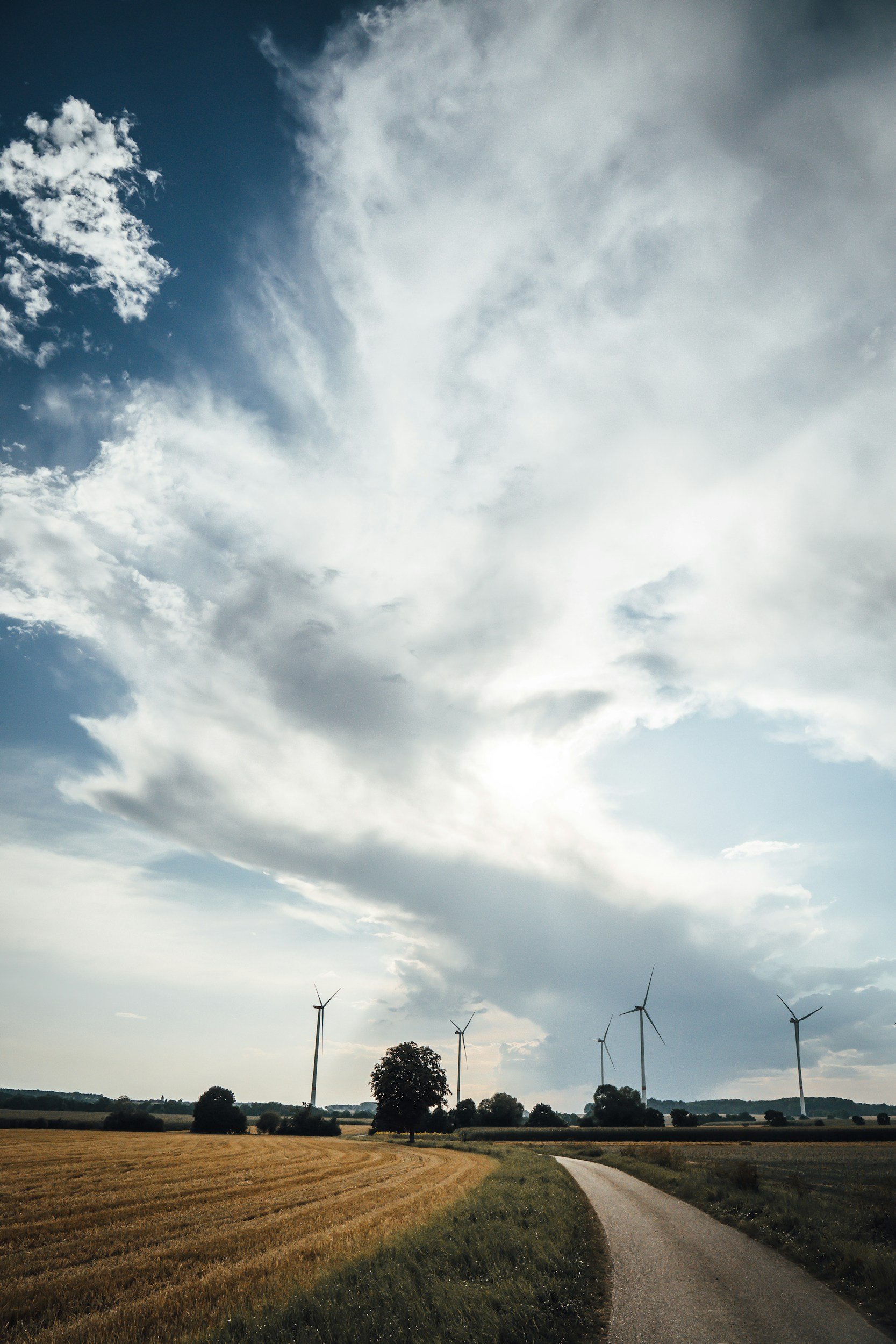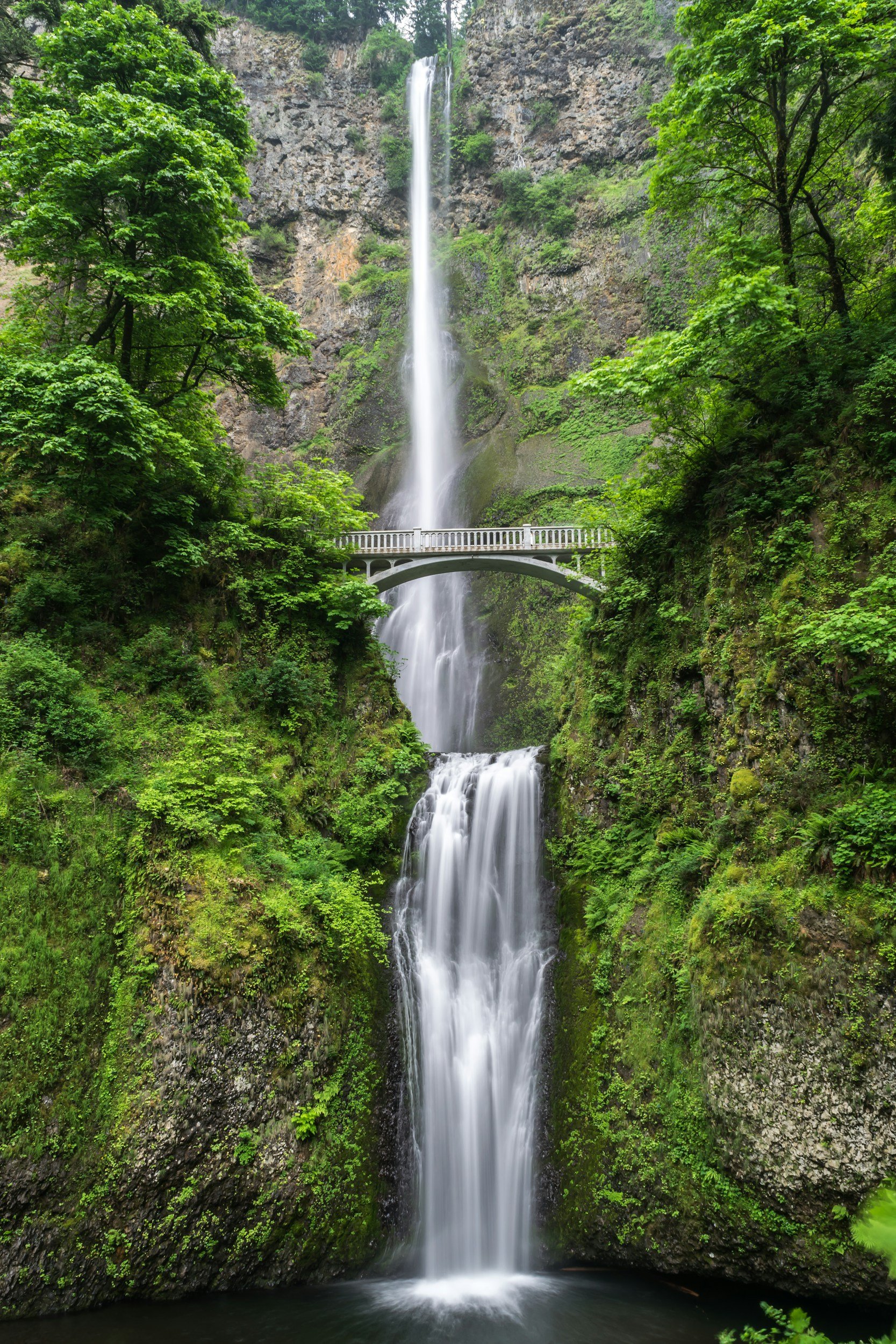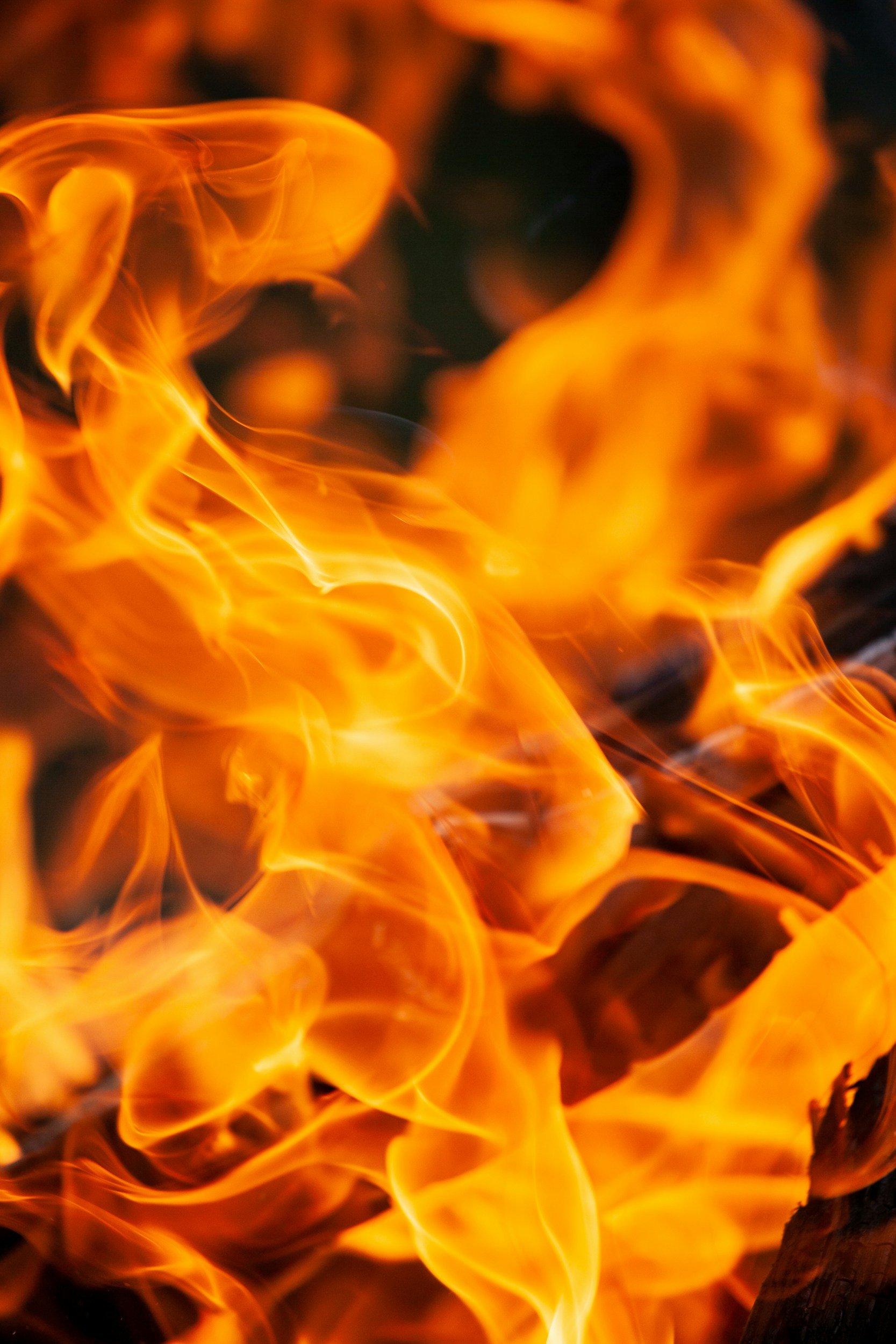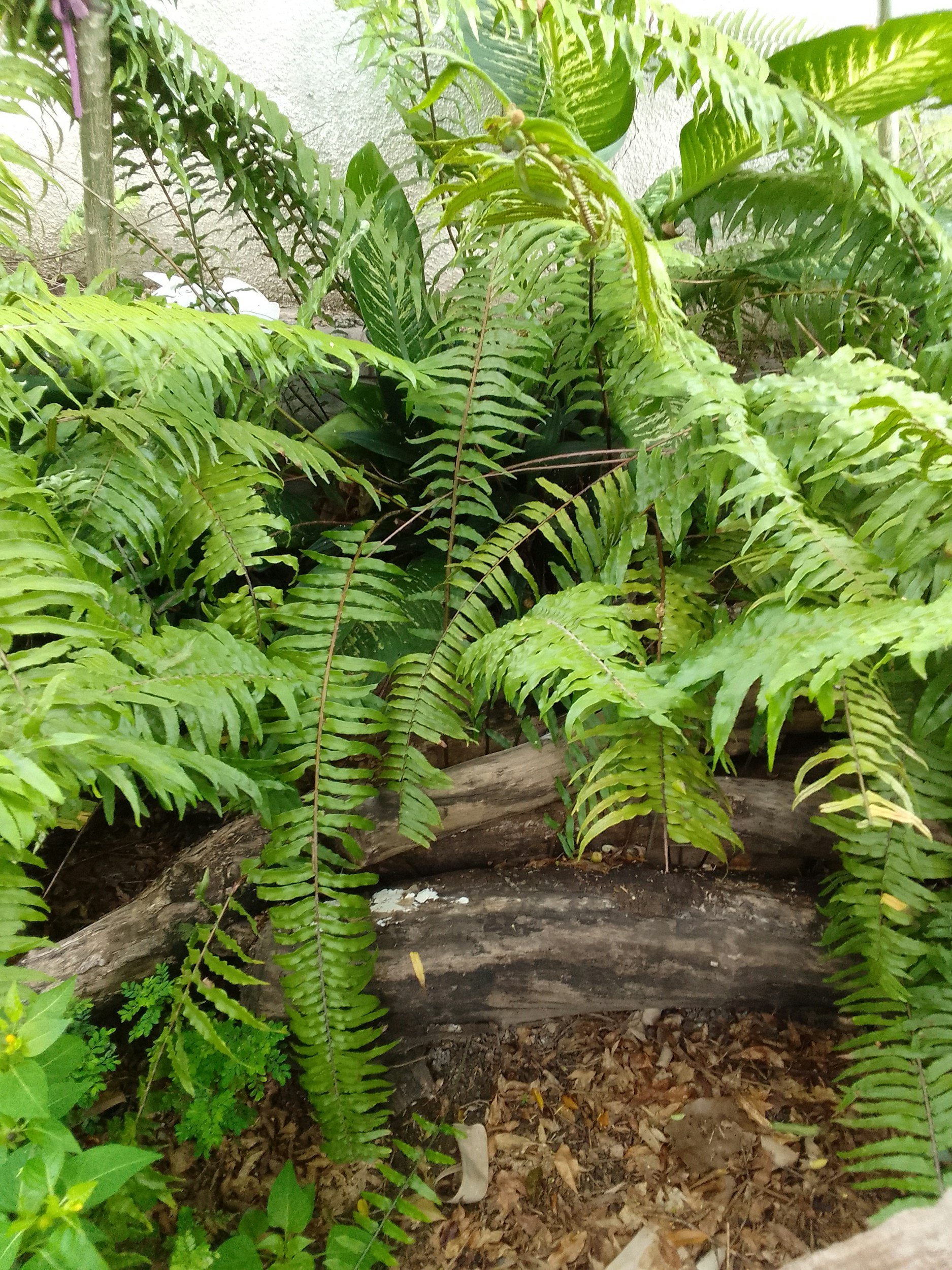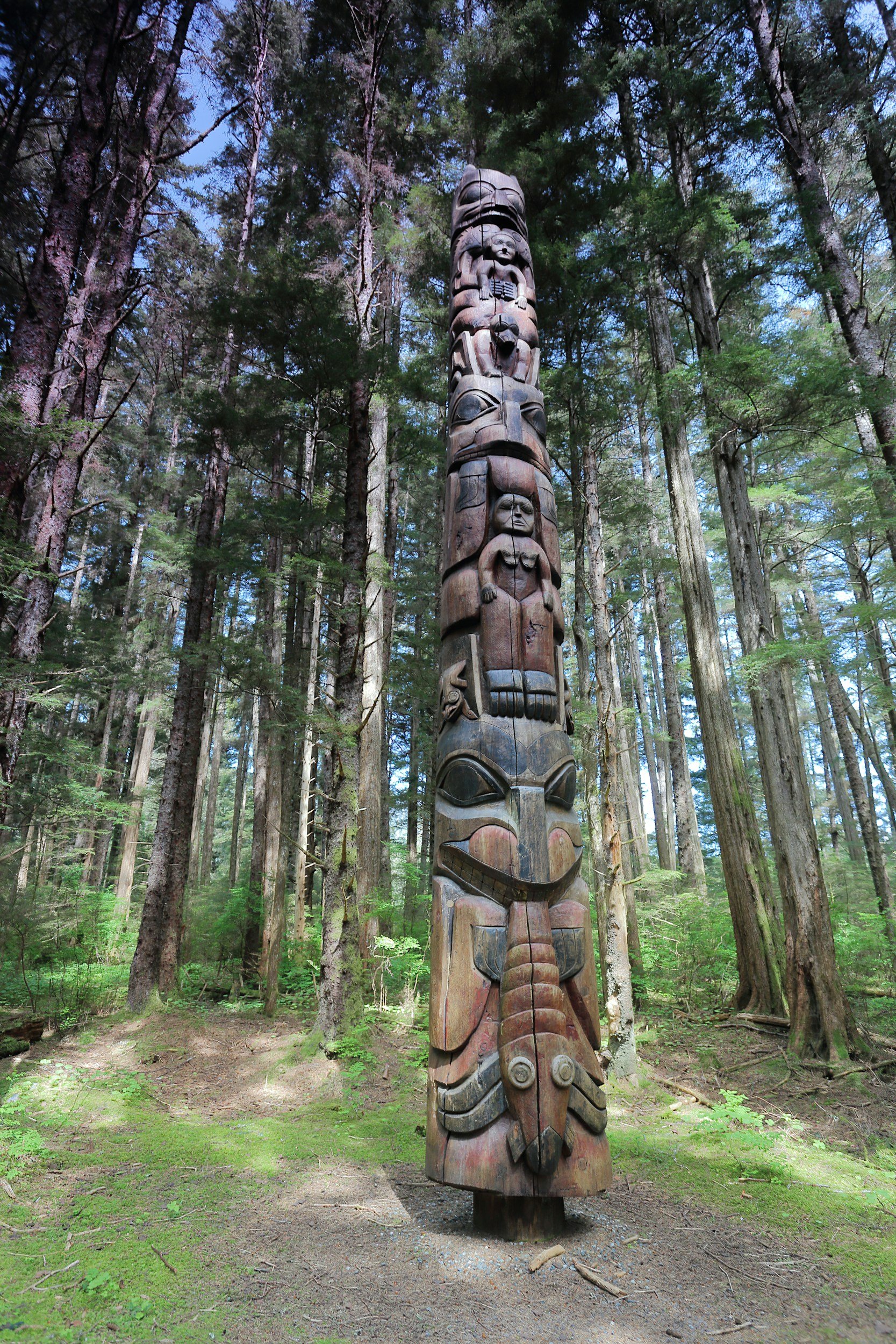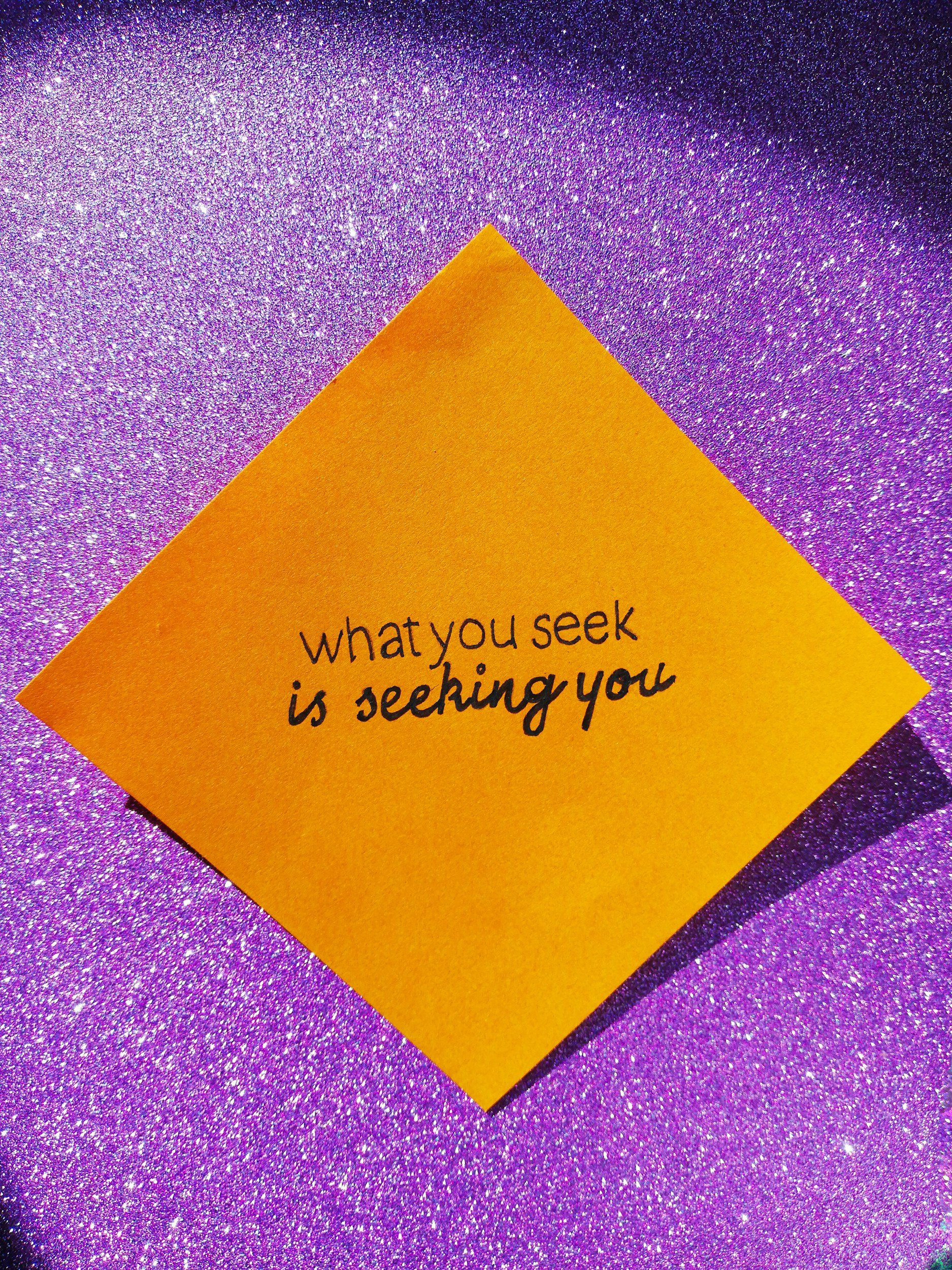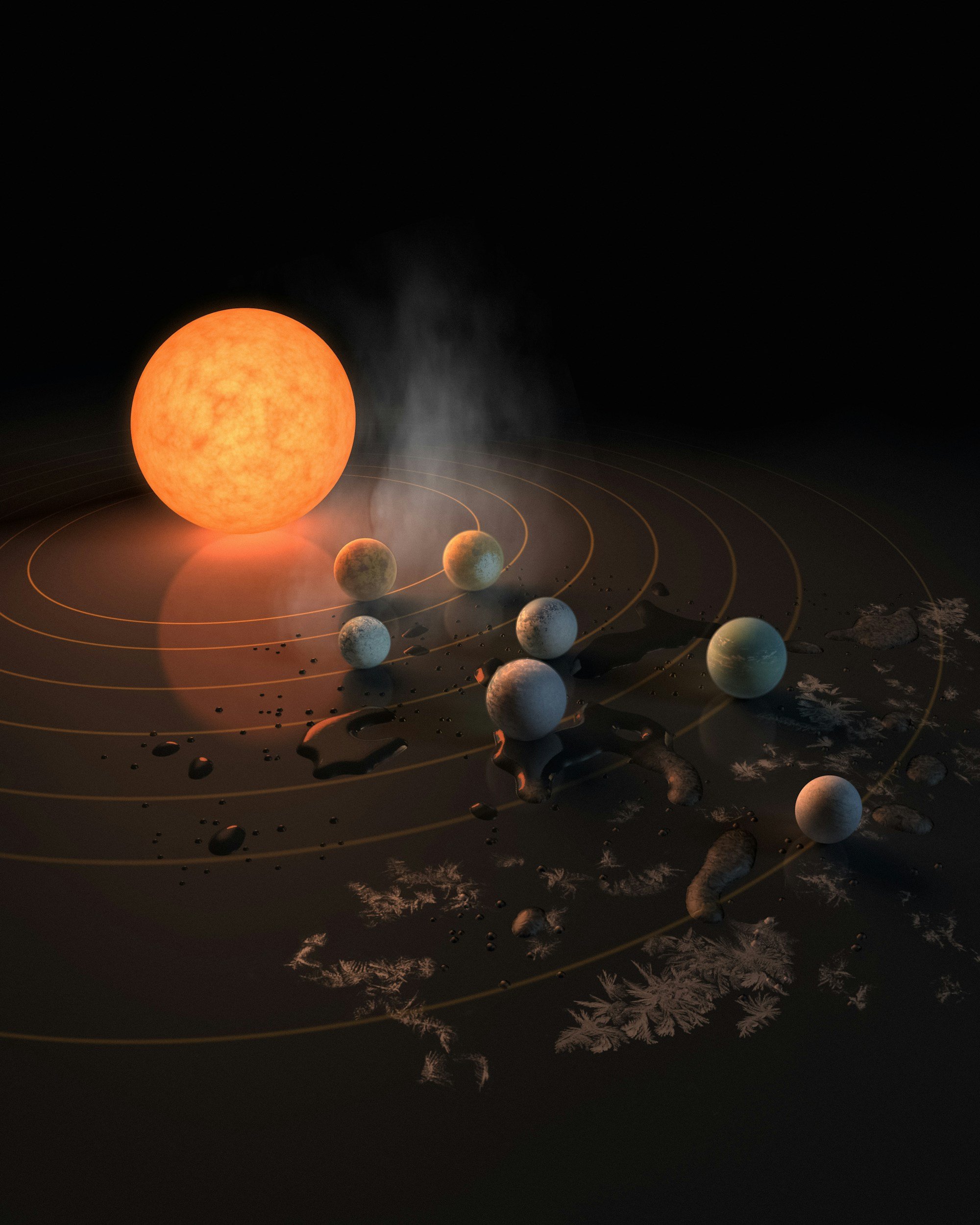Agbara as Cosmic Forces in Igbo Cosmology
In Igbo cosmology, the concept of Agbara represents a multifaceted understanding of the cosmic forces that govern the universe. These forces, which are both natural and supernatural, are the driving energies behind all aspects of existence, from the movement of celestial bodies to the growth of plants, the flow of rivers, and even the thoughts and actions of human beings. Agbara in Odinani is the power that animates life, sustains the balance of the cosmos, and ensures the continuity of the natural order.
What is Agbara?
The term Agbara in the Igbo reality can be understood as "power," "force," or "authority." However, these interpretations only scratch the surface of what Agbara truly embodies. In its essence, “Agbara” is the dynamic and invisible force that permeates all things, existing in various forms and manifestations. It is both a singular and a collective force, meaning it can be concentrated in a specific entity or dispersed throughout the environment.
Agbara can be seen as the cosmic energy that underpins the laws of nature, guiding the cycles of birth, growth, decay, and rebirth. It is the force that ensures the sun rises and sets, the rain falls, and the seasons change. In the spiritual realm, Agbara is the power that enables the deities, ancestors, and spirits to interact with the physical world, to influence the lives of humans and other living beings.
The Manifestations of Agbara: Deities and Natural Phenomena
In Igbo cosmology, Agbara energy manifests in various ways, both as deities (gods and goddesses) and as natural phenomena. Each deity embodies a specific aspect of Agbara as a cosmic force, representing different forces of nature or human experience. For example:
Amadioha: The force of thunder and lightning, Amadioha in a sense is the personification of divine justice and cosmic order. His cosmic energy is seen in the power of storms, the flash of lightning, and the roll of thunder, all of which are believed to be expressions of his will. In another sense, Amadioha as a cosmic force manifests as the energy of God itself.
Ala: The earth goddess, Ala, is the embodiment of fertility, morality, and the land itself. Her cosmic energy is evident in the fertility of the soil, the growth of crops, and the prosperity of the people. She is also the custodian of the moral laws that govern the community, she ensures harmony and balance.
Ogwugwu: As the supreme mother goddess in Igbo spirituality, Ogwugwu is a representation of cosmic forces that govern feminine principles. Ogwugwu's energy is nurturing yet powerful, her influence permeates the natural world, and she is revered as a deity who must be respected and honored through rituals and spiritual practices. This manifestation of cosmic energy highlights the dynamic and multifaceted nature of cosmic forces in Igbo cosmology.
Natural phenomena such as rivers, mountains, and forests are also considered manifestations of Agbara (cosmic forces). These elements of the natural world are revered as sacred spaces where the cosmic forces are particularly strong. For instance, a river might be seen as the dwelling place of a water deity who is an “Agbara” that governs the flow of the river, its abundance of fish, and its ability to provide sustenance to the surrounding communities.
The Role of Humans in Relation to Agbara
In Igbo cosmology, humans have the ability and responsibility to interact with, connect with, tap into and direct these cosmic forces. This interaction is a fundamental aspect of traditional Igbo spirituality and is typically facilitated by ritual specialists known as Dibia or priests and priestesses etc.
Rituals and Sacrifices: One of the primary ways Igbo progenitors engaged with cosmic forces is through rituals and sacrifices. These acts are performed to honor the deities, seek their favor, or appease them when they are displeased. For example, a farmer may offer a sacrifice to the earth goddess Ala before planting crops to ensure a bountiful harvest. Through such rituals, they acknowledge the power of the Agbara and seek to align themselves with it.
Divination: Another key aspect of interacting with Agbara energies is divination, a practice in which a dibia or diviner communicates with the spiritual realm to gain insight into the cosmic forces at play. Divination allows people to understand how an Agbara is influencing their lives and to receive guidance on how to navigate challenges or make important decisions.
Talismans and Charms: In addition to rituals and divination, Igbo progenitors interacted with Agbara energies through the use of talismans, charms, and other spiritual objects. These items are believed to contain concentrated forms of cosmic energies that can protect the bearer, attract positive energy, or ward off evil forces. For instance, an ofo (staff of authority) might be used by a community leader to invoke an Agbara in the administration of justice.
Agbara and the Balance of the Cosmos
The concept of balance is central to Igbo cosmology, and cosmic forces play a very important role in maintaining this balance. The forces of Agbara are neither inherently good nor evil; rather, they are neutral forces that can be directed towards positive or negative ends depending on how they are harnessed. For example, the same Agbara that can bring rain to nourish crops can also cause floods that destroy them.
This dual nature of Agbara underscores the importance of wisdom and responsibility in its use. Those who possess the knowledge and ability to interact with Agbara energies—such as dibias and spiritual leaders—must do so with the well-being of the community in mind. Misuse of this connection to cosmic forces can lead to disharmony, misfortune, and even disaster.
The Evolution of Agbara in Contemporary Igbo Society
In modern times, the understanding and application of cosmic forces have evolved, particularly as Igbo society has interacted with other cultures and religions. However, the fundamental principles of Agbara as cosmic forces remain deeply embedded in the Igbo worldview. Many contemporary Igbo people continue to engage with these forces through both traditional practices and new interpretations that reflect the changing social and cultural landscape.
For example, while some may view Agbara’s through the lens of Christianity or other world religions, seeing it as synonymous with the power of God or divine providence, others continue to practice traditional rituals that honor the deities and natural forces. This blending of old and new perspectives demonstrates the enduring relevance of cosmic forces in Igbo life, regardless of the existing paradigms around them.
Final Thoughts
Agbara in Igbo cosmology represents the dynamic and all-encompassing cosmic forces that govern the universe. These forces manifest in both natural phenomena and deities, influencing every aspect of existence, from the cycles of nature to human destiny. Through rituals, sacrifices, divination, and other spiritual practices, humans interact with Agbara energy, connecting with their power to maintain balance and harmony in the world.
The concept of Agbara reminds us of the responsibility we have to use our knowledge and abilities wisely. Through traditional practices or modern interpretations, Agbara remains a central and enduring element of Igbo spirituality, guiding the community in its ongoing journey of being and becoming.
